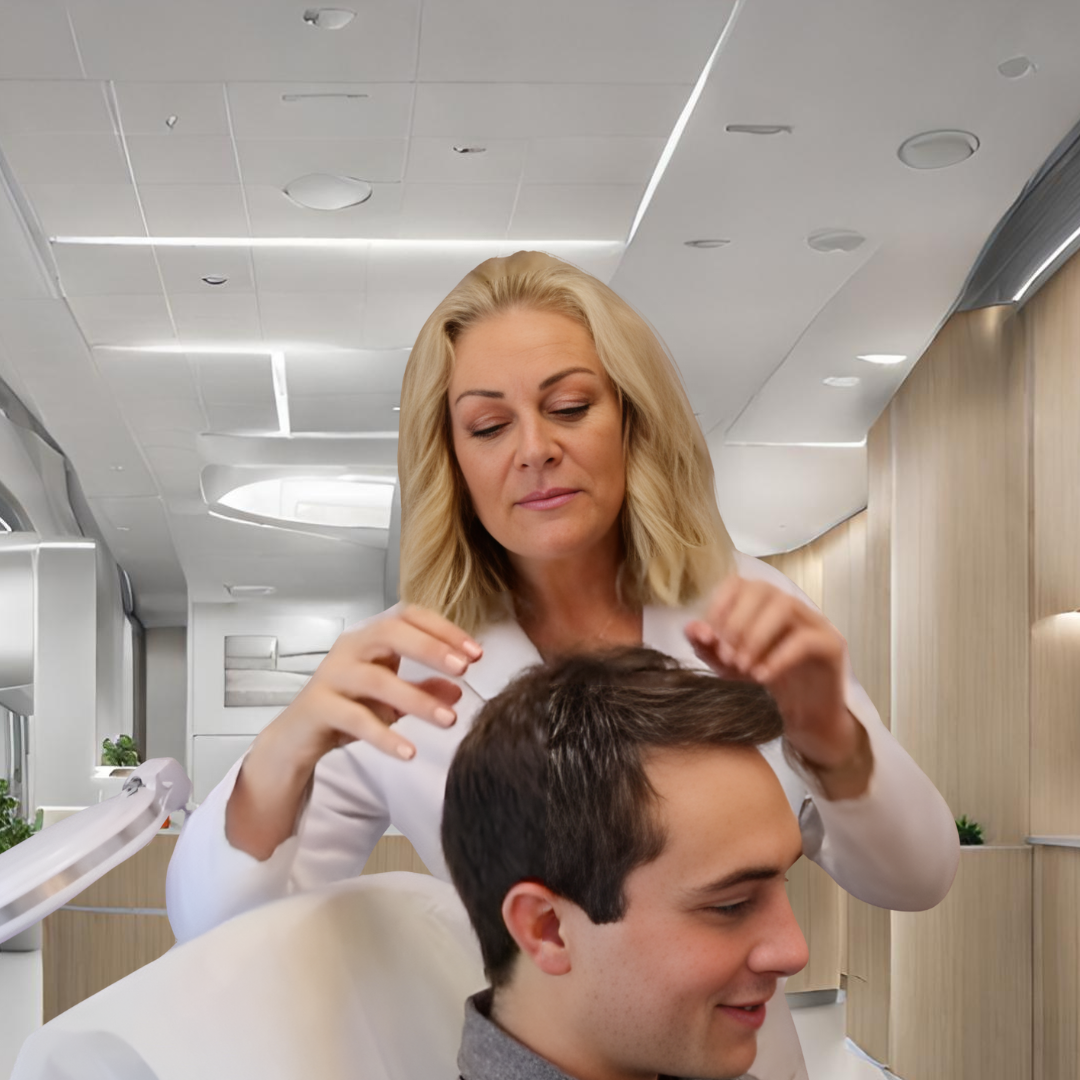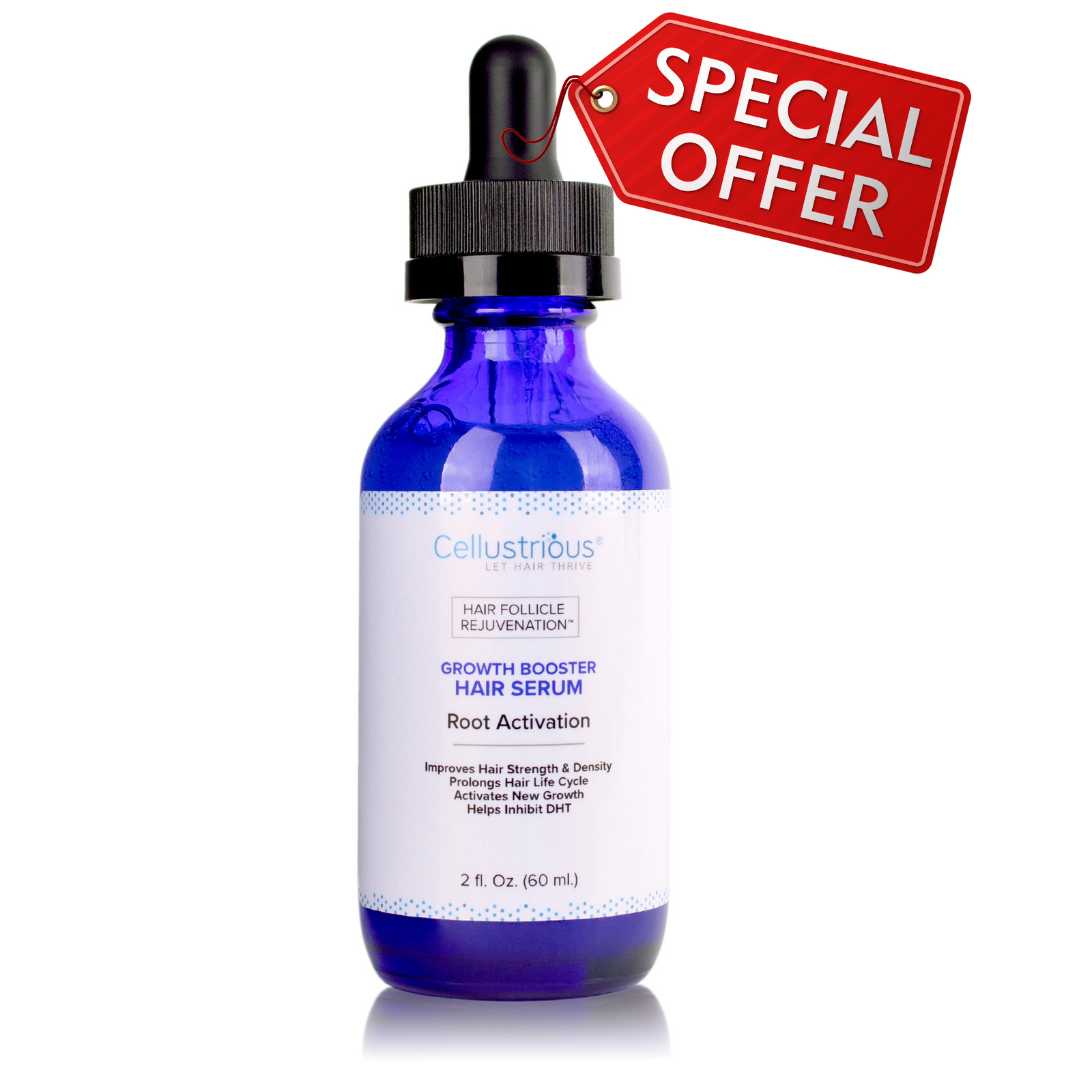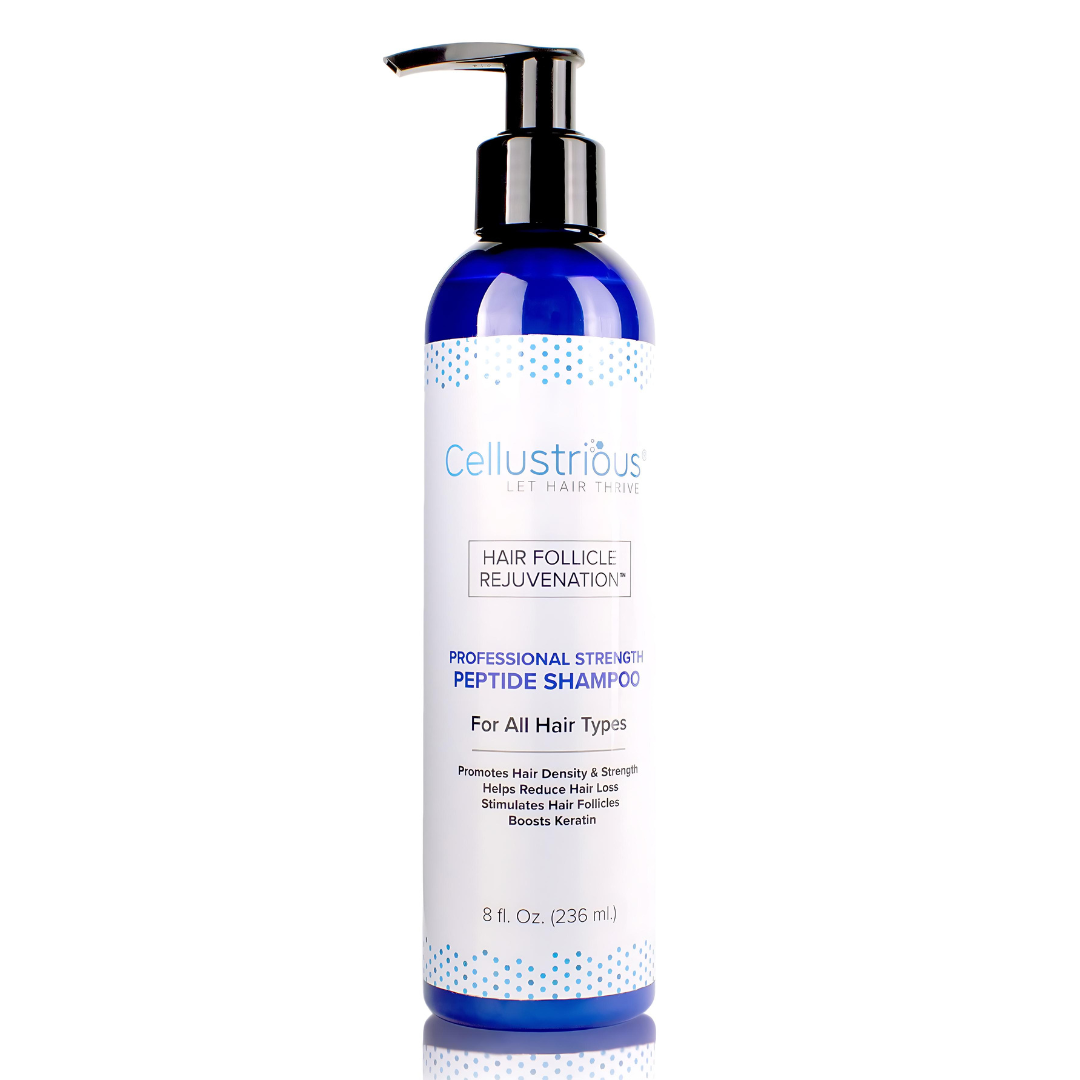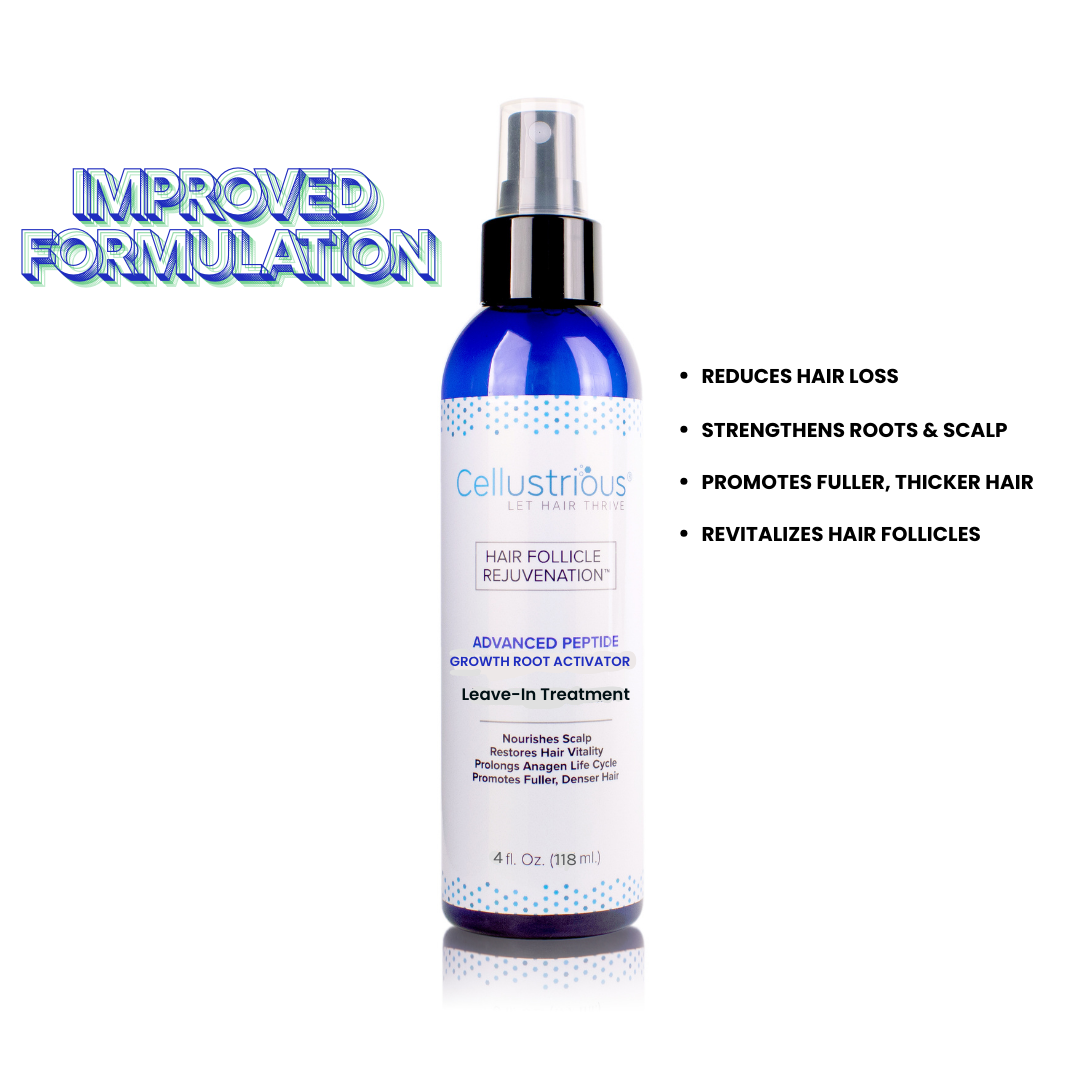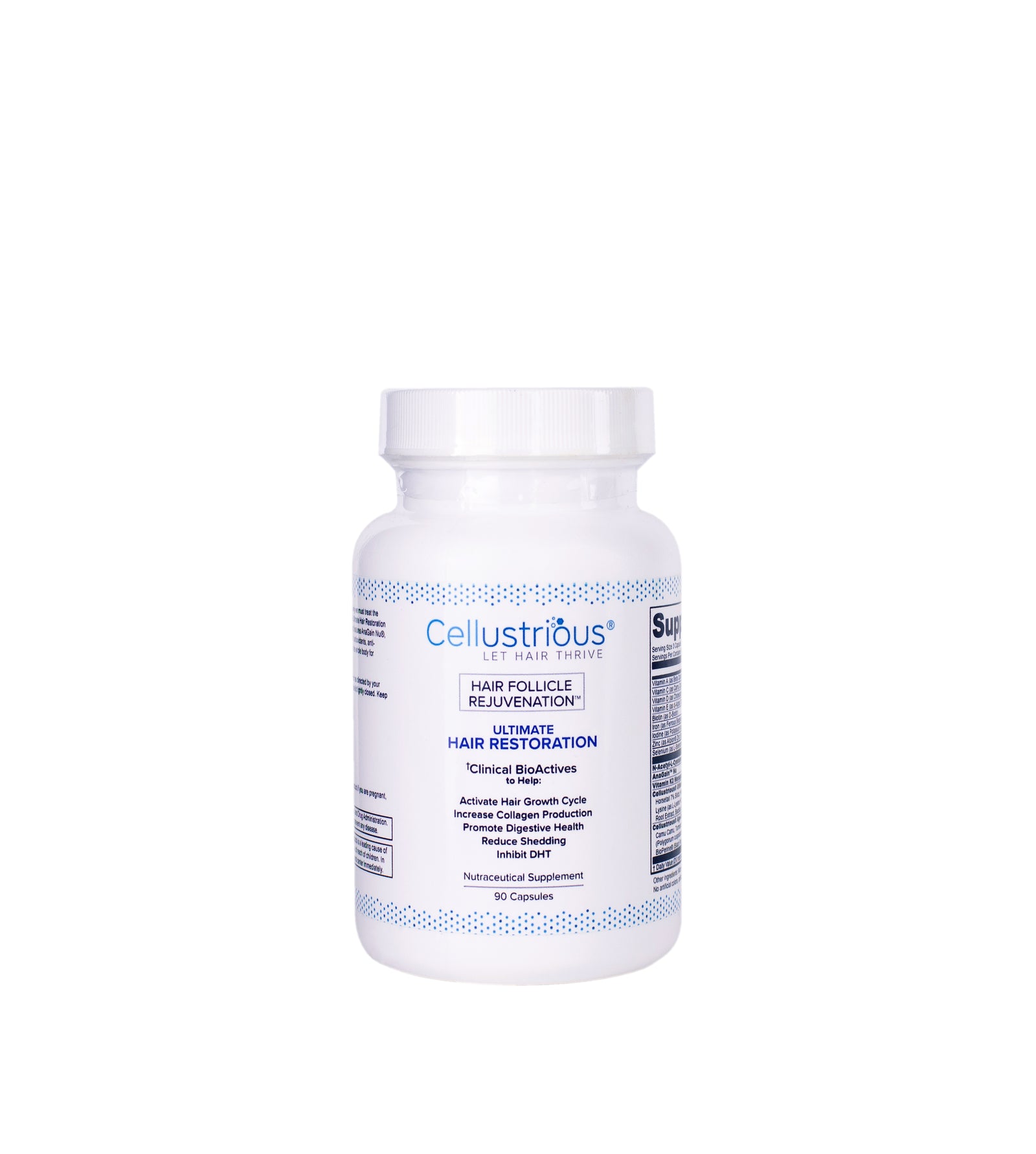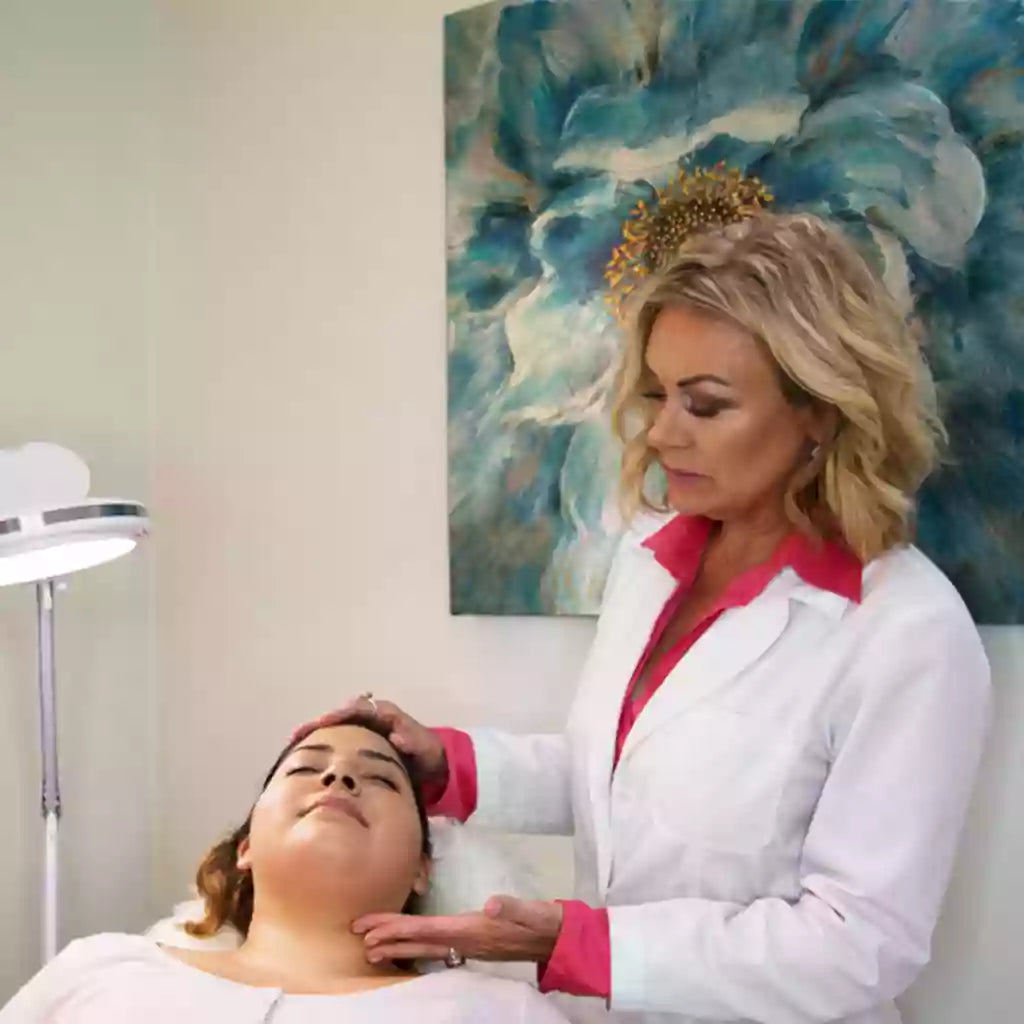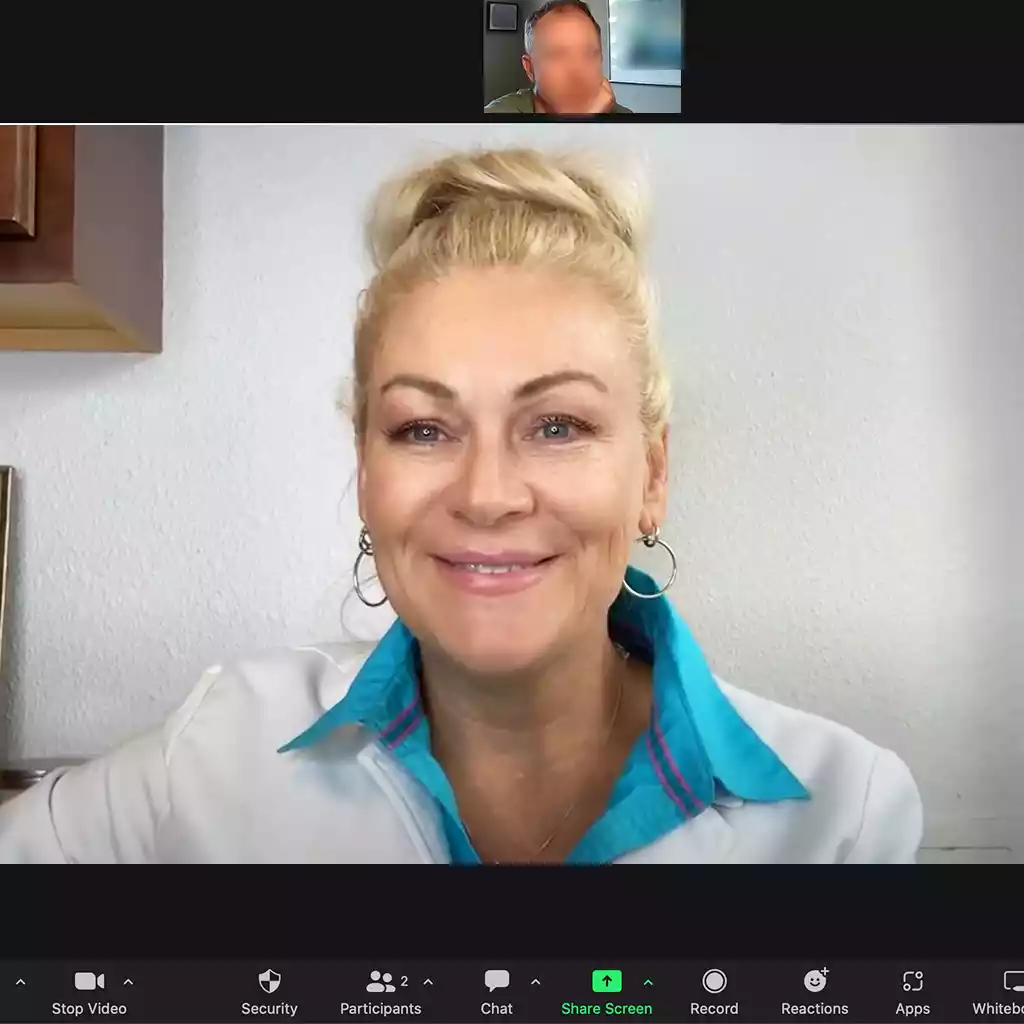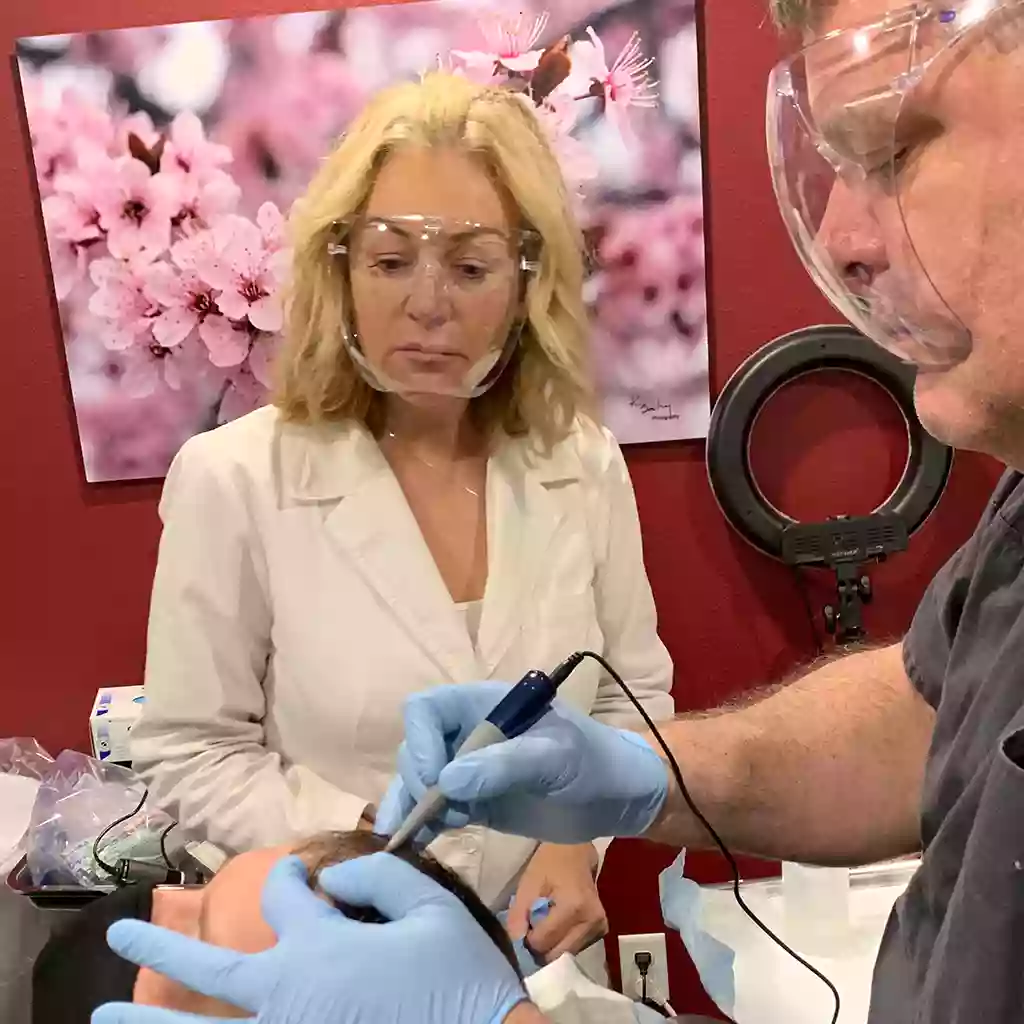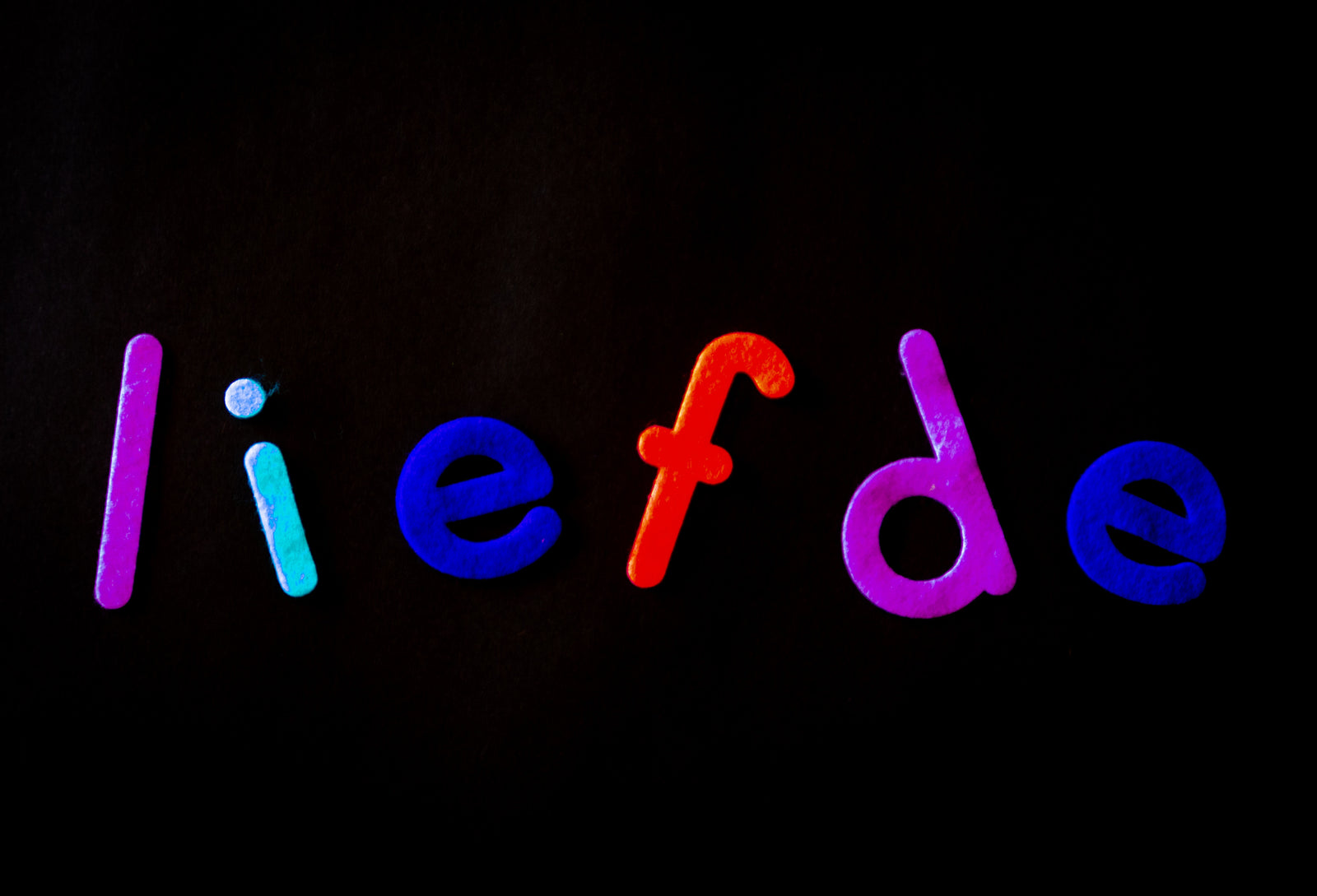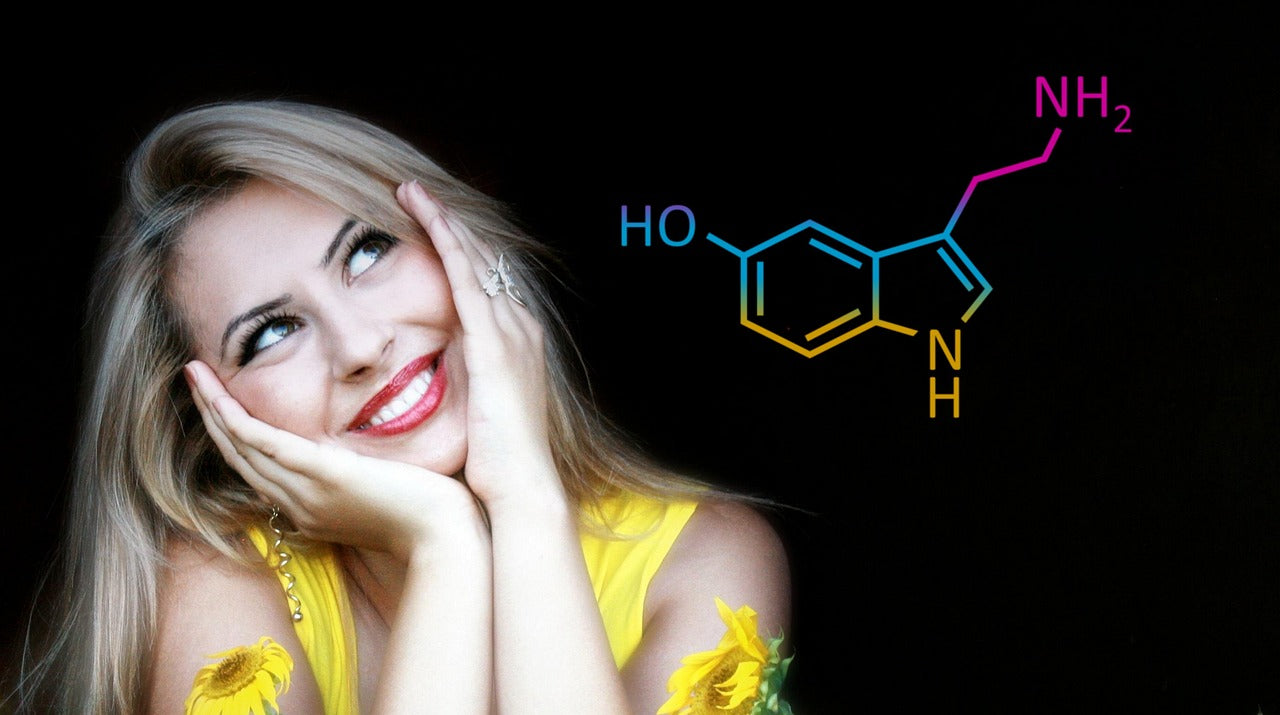Everyone wants beautiful hair – but when a woman starts losing her hair, it’s especially painful. Hair loss problems affect a woman’s confidence and well-being. While once thought to be a genetic condition, we’re now discovering that many hair loss conditions are caused by lifestyle. Fortunately, there are many types of hair loss treatments available to reduce, and potentially reverse female hair loss.
The common causes of Female Hair Loss are:
Stress
Hormonal imbalances
Lack of essential nutrients
Unhealthy diets
Medications
Dandruff, alopecia and other scalp disorders
Excessive use of chemicals, i.e. hair colouring, styling treatments
Easy Ways to Control Hair Loss:
Here are a few tips on TREATMENTS FOR FEMALE HAIR LOSS.
1. Eating a healthy diet is the most important factor in preventing hair loss. Stick to a balanced diet as it’s the best way to prevent hair loss. Nutritional deficiencies in the body are a major cause of hair loss.
2. Never comb your hair when it is wet. This leads to hair breakage. Be sure hair is dry or semi-dry before combing. Never rub your hair vigorously with a towel. Use towel to remove excess moisture.
3. Wash your hair a NO MORE than 3 days in a week with a mild hair cleanser or shampoo to remove dirt and oil. Over-shampooing is one of the leading causes of damage to the scalp, which can lead to hair loss.
4. Never use hot water to shampoo. Try to use tepid water, and for a final rinse, use cold water. This will jump-start the lymph glands, and help with follicle circulation.
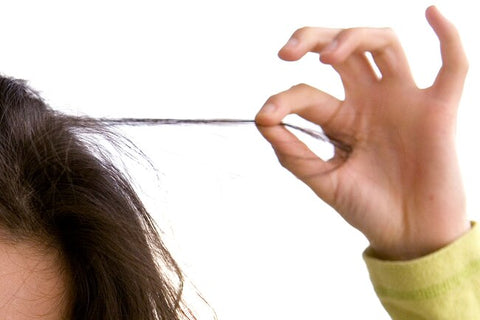
5. Use sulphate, silicone and paraben-free shampoos to avoid loading the scalp with harsh chemicals that can damage your hair.
6. Always use a wide-toothed comb to style your hair. This will reduce the risk of hair breakage.
7. Avoid excessive blow drying, ironing and colouring as these can lead to female hair loss. Set your hair dryer on “cool” setting to minimize damage.
8. Tight ponytails on a daily basis are a NO- NO, usage of elastics and rubber bands to pull back hair tightly can cause hair fall.
9. Avoid hair extensions – they are directly linked to traction alopecia and female hair loss.
10. Clean hair tools weekly. Combs become dirty over time; they need to be cleaned with a brush, soap and water.
11.Drink plenty of water throughout the day in order to flush out all harmful toxins from your body.

When it comes to balancing your diet, it is critical to overcome deficiencies by eating foods that are rich in zinc, Vitamins A, B complex, Vitamin C, Vitamin E, and omega-3 fatty acids and proteins. I also recommend a good live probiotic, and D3 supplement.
If you would like to see an immediate improvement in your hair quality, start adding fresh, wild fish, such as salmon, mackerel, halibut, oysters, and tuna, all of which are rich in Omega-3 fatty acids – ideally, you should be eating them 3-4 times per week. Green leafy vegetables, citrus fruits, lentils, sweet potatoes, pumpkin seeds, nuts such as walnuts and almonds, flaxseed oil (Linseed oil) or grounded flaxseeds, are also important. And, unless you are intolerant, eggs, beans, and yogurt.
When combined, all of these things will add moisture to your hair, help lead to a healthier scalp, reduce split ends, and result in lesser hair loss. In a few months’ time, you will have noticeably thicker, stronger hair.

Natural oils like coconut, olive, canola, jojoba, and sesame can be used for massaging the scalp to help.
My personal favorite is emu oil, as it is an anti-inflammatory and is absorbed at 98%, without causing any residue or build-up. It is the closest thing to human fat and has been shown in studies to promote hair growth.
Other scalp problems, such as dandruff, dryness and flakiness, etc. Can often be improved with a natural hot oil treatment. It can also help the blood circulation.
Deep conditioning can be helpful in eliminating some scalp issues, while giving your hair the much-needed nourishment to help strengthen it – strong hair is healthy hair!

